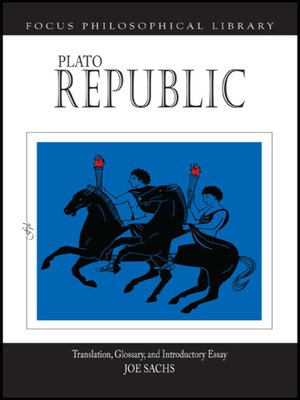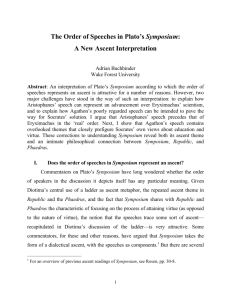

Socrates then takes issue with the fact that Adeimantus is even thinking about these places as "cities." After all, they are (or will soon be) so large, bloated, and overpopulated that they really would amount to multiple cities. Adeimantus seems mostly persuaded, but he's still worried about the ability of other big cities to accumulate wealth and power.He even bets that their republic could take on two other cities. But Socrates says this isn't an issue at all, since their republic will be rich in wisdom, a far more important aspect of war than money. Adeimantus is worried, however, that their republic will be at a disadvantage in waging war if they have no wealth and other cities do.They all agree that the guardians should be careful to make sure that the city suffers from neither of these conditions. Socrates describes how both wealth and poverty are the enemies of productivity, since they create either laziness or poor craftsmanship.The rulers of most other cities just care about having lots of money and parties, which is why so many other cities are miserable.

This city will have true guardians who actually care about the city.If someone only wanted the eyes to be as beautiful as possible and put lots of weird colors on them, they would no longer look like eyes, and the beauty of the entire statue would be ruined. Socrates says that it's just like painting a statue: the whole statue will be beautiful if things are painted as they should be. Their city will be the happiest because they are interested in what will make the most number of people happy they're not interested in just a particular happy few. Socrates responds that Adeimantus is thinking about happiness in a way that is too narrow.Adeimantus wants to know how in the world Socrates can defend creating a city like this where none of the things that make people happy are available or possible: gifts, wealth, relaxation, parties, travel, etc.


 0 kommentar(er)
0 kommentar(er)
